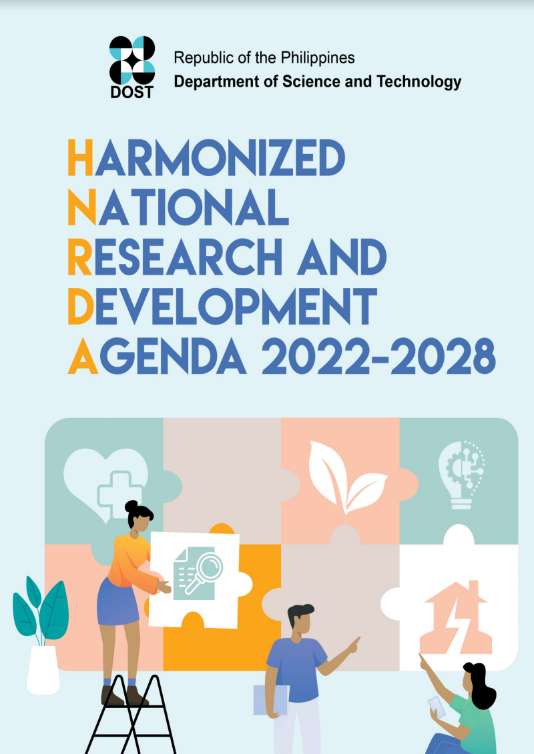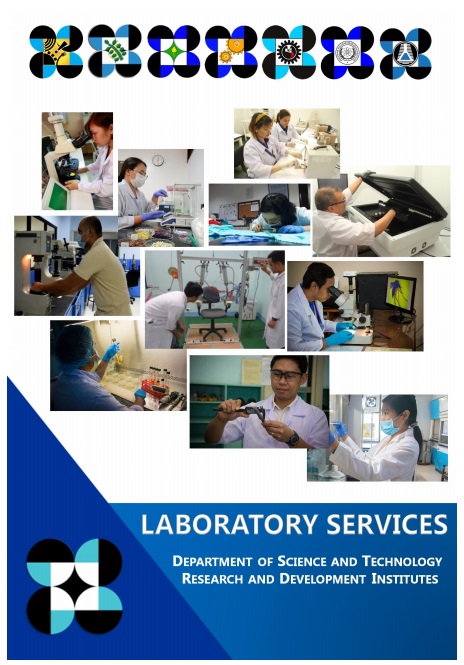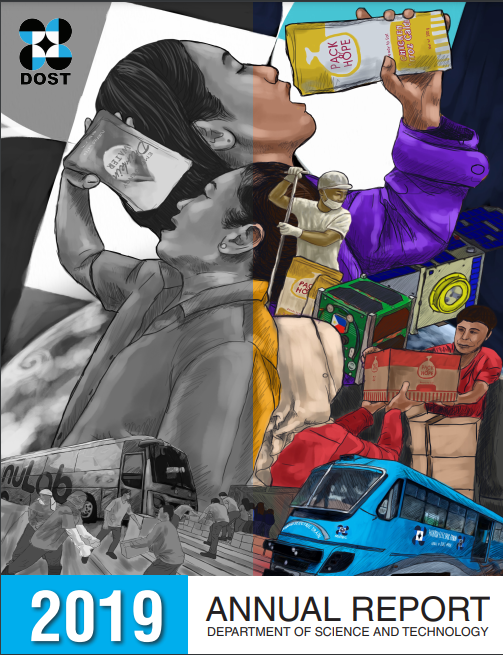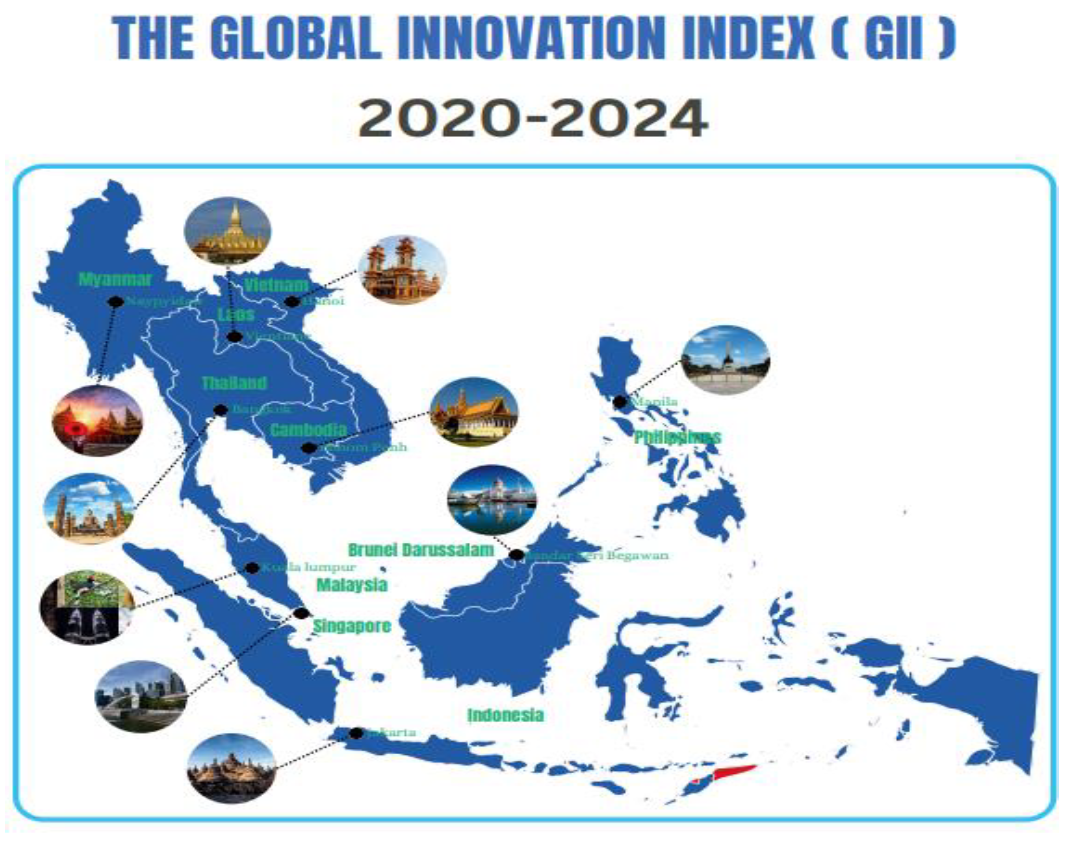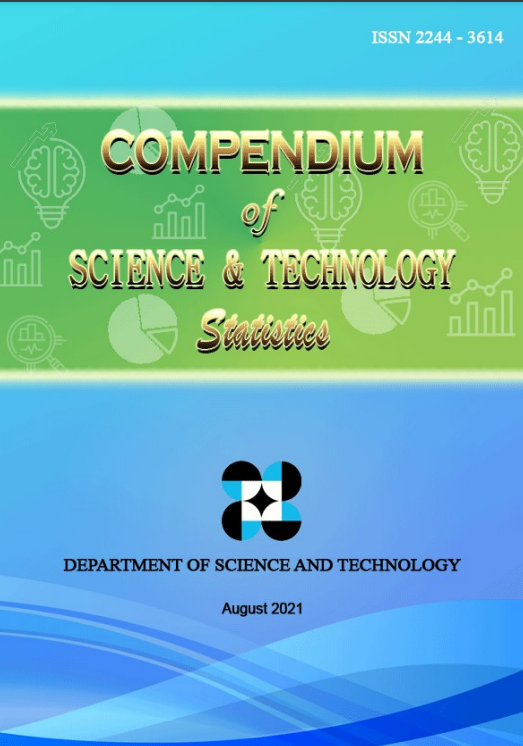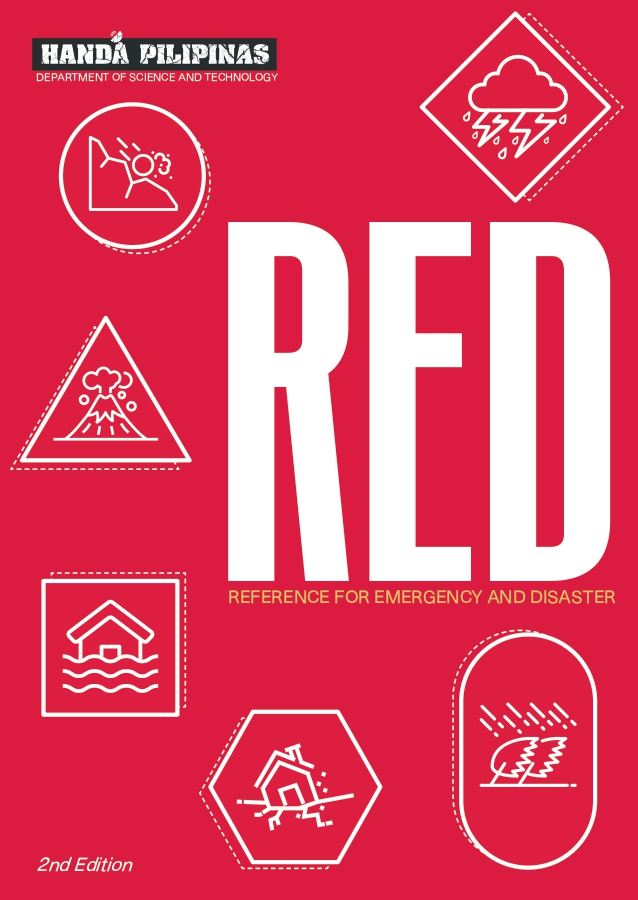DOST launches OneSTore Hub @ the 2020 science week
- Details
- Hits: 2680
The Department of Science and Technology Region II (DOST II) will launch the OneSTore Hub during the virtual celebration of the 2020 National Science and Technology Week (NSTW) on November 23, 2020, to be live-streamed on the NSTW Facebook page.
The new OneSTore Hub welcomes the participation of the Agrizkaya Cooperative Federation that caters to the needs of primary cooperatives and is engaged in organic production and marketing of various products.
Read more: DOST launches OneSTore Hub @ the 2020 science week
More researchers needed as more solons use research studies for policy making
- Details
- Hits: 1899
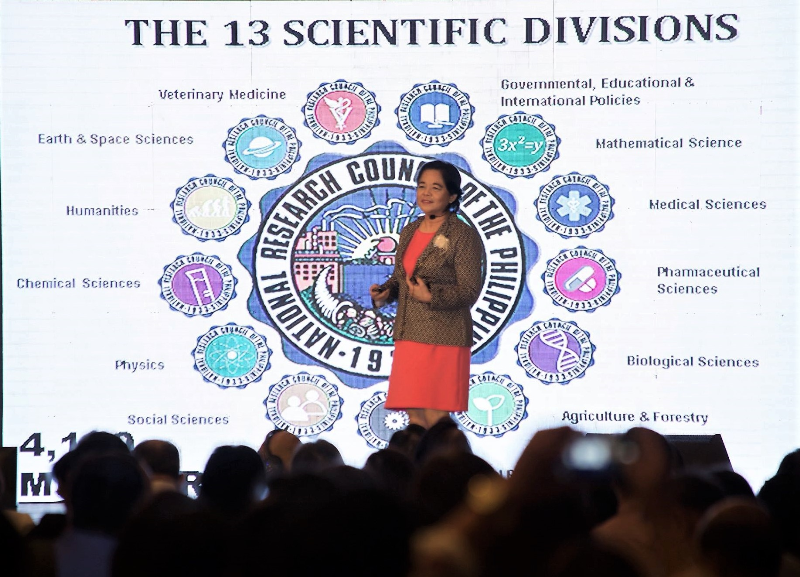
“Decision-making should be based on evidence,” Presbitero J. Velasco, Governor of Marinduque, said during the Basic Research Caravan 2020, wherein he presented “Evidenced-based policy making in the province of Marinduque,” a webinar attended by over 120 participants and jointly organized by the Department of Science and Technology-National Research Council of the Philippines and DOST Region IV-B (DOST-NRCP and DOST IV-B).
Read more: More researchers needed as more solons use research studies for policy making
Free DOST Courseware mobile app for grades 1-8 reaches 80,784 students
- Details
- Hits: 3333

Despite being released some 15 years ago, the all-Filipino developed DOST Courseware, which was originally intended to uplift the science and mathematics education in the country, appears to be more relevant today since the implementation of Department of Education’s (DepEd’s) prescribed blended delivery mode of education during the pandemic.
Read more: Free DOST Courseware mobile app for grades 1-8 reaches 80,784 students
Rice suffering from heat stress at risk of being sterile
- Details
- Hits: 3077
The commonly grown rice varieties in the Philippines have high yields, good grain quality, and resistance to pests and diseases. However, they lack high temperature tolerance. Due to climate change, breeding for heat-tolerant varieties should be one of the government’s priorities.
Rice normally thrives in temperatures between 20-35oC, but it becomes increasingly sensitive when the temperature reaches over 35oC, especially during reproductive stage. Based on study, many rice varieties in the farmers’ field recorded to have high sterility of up to 80%, and very few can tolerate heat stress.
Read more: Rice suffering from heat stress at risk of being sterile











